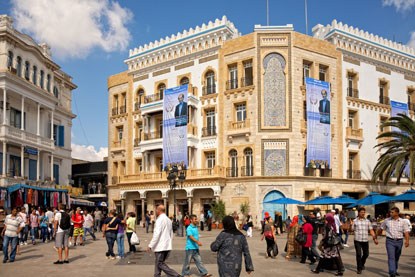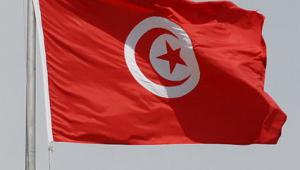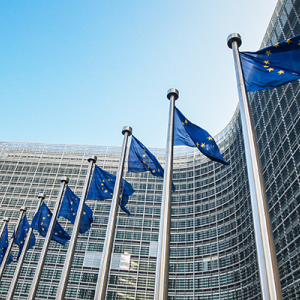Following a visit to the country, Amine Mati, head of the IMF’s mission to Tunisia, said the fund welcomed the government’s reform agenda and that negotiations with the north African nation, where high levels of unemployment have lead to unrest and violence in recent months, are at an “advanced stage”.
Tunis---shutterstock_86898823.jpg

Tunis, the Tunisian capital
Tunisian authorities will now finalise their reform priorities and fine tune plans for this year’s budget execution and financing needs, Mati said. After this, the fund will finalise the details of its support programme for the country.
As well as spiralling unemployment, Tunisia’s economy suffers from a significant current account deficit and the “wait-and-see attitude of investors” due to regional uncertainties, which is holding back growth, Mati continued.
Five years after ousting former president Zine al-Abidine Ben Ali in 2010, many in the country are discontent with the failure of successive governments to deliver the opportunities promised by the revolution.
Tunisia is also struggling with the fallout from three terrorist attacks last year, which have blighted the tourism industry, as well as falling demand for exports from Europe and the civil war in neighbouring Libya.
Moving ahead with reforms, which will make up part of the government’s five-year development plan, will be critical to confronting these significant challenges, the IMF said.
“The government programme appropriately focuses on boosting growth, creating more jobs, and raising the living standards of all Tunisians,” Mati stated.
“To achieve these objectives, the government has committed to continue pursuing prudent macroeconomic policies and accelerate the implementation of its ambitious structural reform agenda.”
In October last year, the IMF welcomed plans from Tunisia’s government to adopt tax reforms towards equity, efficiency and consistent revenues, as well as to strengthen public financial management and pension reform.
Further IMF support would follow on from a two-year programme approved by the IMF in 2013, worth $1.61bn.
In February, the European Commission announced it was considering donating €500m in aid to help Tunisia overcome its economic difficulties.
Last week, the World Bank also approved a $70m project to address the high levels of unemployment among university graduates in the country.













